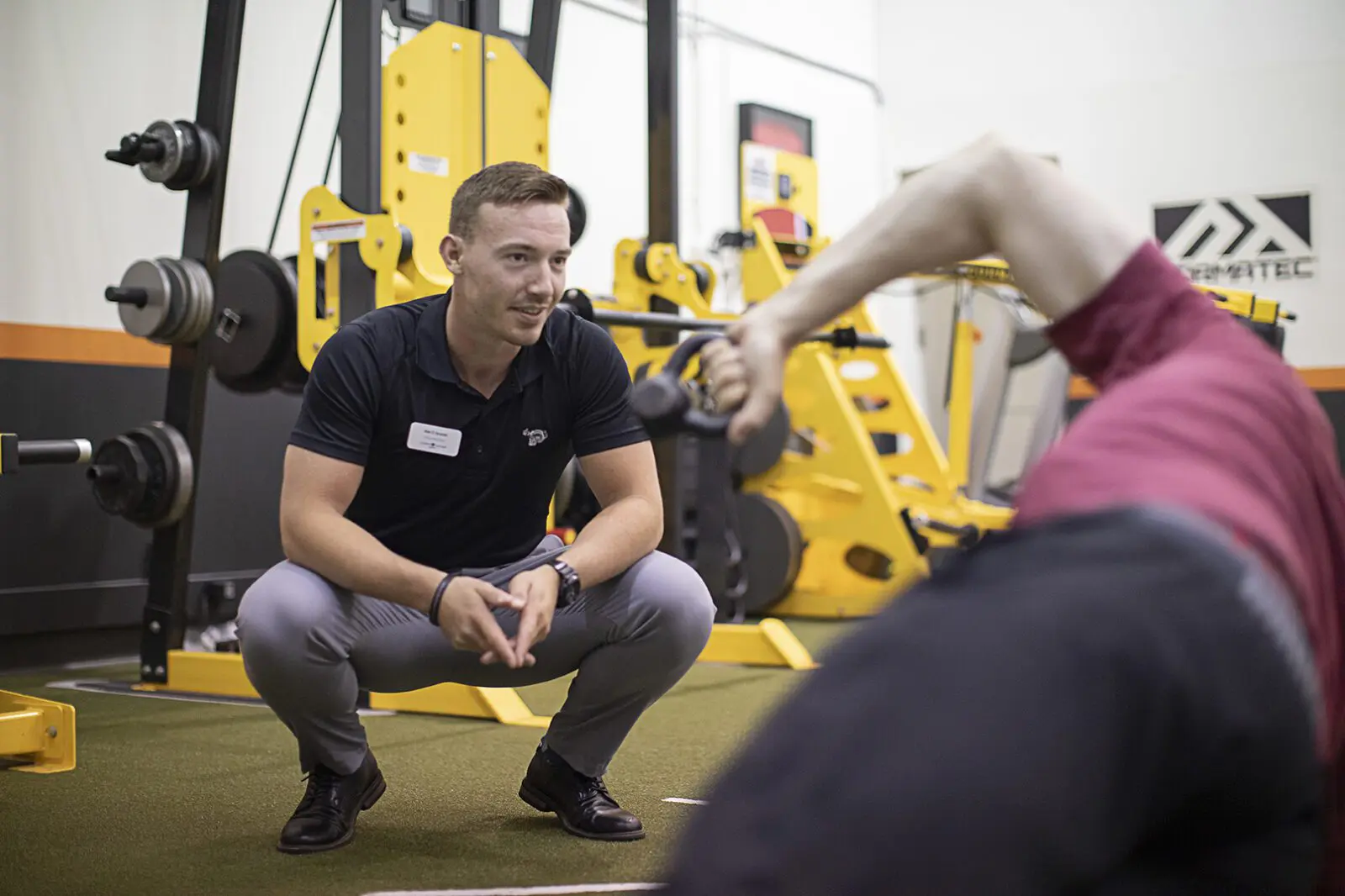How to Become a Health Coach
-
-
Last updated: September 9, 2025
Many are asking how to become a health coach. As more and more people seek ways to take control of their own health and wellness, the need for health coaches continues to grow. Find out how to join this expanding—and highly rewarding—field of healthcare.
Health coaches provide individualized support and guidance to help people make lifestyle changes that improve their health and well-being. They can also be crucial members of integrative healthcare teams, partnering with patients and providers to clarify goals, identify helpful strategies, and sustain progress toward greater well-being.
We cover the fundamentals on how to become a health coach and also address other important questions to help you understand more about this exciting profession.
1. What credentials do you need to become a health coach?
If you’re serious about pursuing this career path, you’ll want to achieve health coach certification. Gaining certification not only makes you a credentialed professional in the field; it also opens up more employment opportunities.
The National Board for Health & Wellness Coaching (NBHWC) is an approval body for health coach training and education programs. According to the NBHWC, to become a certified health coach, you need to do the following:
- Complete an NBHWC-approved training program
- Complete 50 health and wellness coaching sessions
- Have a minimum of an associate’s degree (in any subject) or 4,000 hours of work experience (in any field)*
*Note that employers seeking to hire health coaches may prefer or require that a candidate have a minimum of a bachelor’s degree.
Following the fulfillment of the requirements listed above, you must pass the National Board Certification Exam to become a National Board Certified Health & Wellness Coach (NBC-HWC).
2. Where can you get training?
A variety of organizations, private entities, and academic institutions offer approved training programs to become a health coach.
Northwestern Health Sciences University (NWHSU), for example, provides an NBHWC-approved Integrative Health and Wellbeing Coaching program in several formats:
- A stand-alone graduate certificate program
- An embedded option within the Master of Health Science in Functional & Integrative Nutrition program
- An embedded option within the Master of Health Science in Integrative Care program
Note that the stand-alone certificate program can also be completed via NWHSU’s Continuing Education.
3. How long does it take?
The time it takes to become a health coach can vary based on the health coach training program you choose. Generally speaking, it can take anywhere from three months to a year (not including the time to acquire your 50-session coaching log) to more than 2 years.
At NWHSU, for instance, students can complete the online health coach certificate program in as few as 28 weeks including a supervised practicum in which the student completes their required 50-session coaching log.
4. What courses do you take?
Health coaching programs that follow guidelines set by the NBHWC typically include at least four separate courses. NWHSU, for instance, offers the following courses (including a practicum):
- INCR 6111: Fundamentals of Behavioral Science and Motivating for Health Change
- INCR 6112: Foundations of Integrative Health and Wellbeing Coaching
- INCR 6113: Advanced Applications of Health Coaching in Integrative Care
- INCR 6114: Health and Wellbeing Literacy
- INCR 6115: A Health Coaching Approach to Community Health and Wellbeing (practicum)
Note that these courses are intended to prepare you for the National Board Certification Exam.
5. Where can a health coach work?
Depending on your education, professional background, and credentials, you could choose to work as a health coach in a variety of ways and in a number of different settings. Examples include the following:
- Department of Veteran Affairs facilities
- YMCAs
- Managed healthcare organizations
- Private clinics
- Fitness centers
- Employee wellness programs
- Online application programs
- Private practice
- Education
Note that professionals who have a private practice often conduct most, if not all, of their client sessions online.
6. What is the benefit of health coach certification if you’re already a healthcare professional?
Medical doctors, chiropractors, nurses, and other healthcare practitioners can augment their scope of practice by becoming a certified health coach.
In fact, if you’re already a healthcare professional, health coach training gives you valuable knowledge that empowers you to go beyond disease management and improve your ability to provide patient-centered care.
For instance, your added expertise in health coaching can prepare you to better meet the needs of patients who are consciously seeking alternatives to prescription drugs and invasive medical procedures.
Existing healthcare practitioners learn specific techniques to effectively—and efficiently—incorporate health coaching into their current practices.
7. What should you look for in a health coaching program?
When you research potential programs, keep considerations like the following in mind:
Be sure the program is NBHWC-approved. Make the most of your time, effort, and investment by enrolling in a program that has officially met the standards set by the leading approval body for health coach training and education.
Ask about health coach training embedded in degree programs. If you’re looking to advance your career in healthcare, you could benefit from an advanced degree that includes a health coaching track within it. Check out NWHSU’s online offerings for examples.
Find out if the program provides support and mentoring in completing required coaching sessions. Before you can become certified, you need to conduct 50 health coaching sessions (see No. 1 above). Many find this challenging to do on their own and without supervision can lead to entrenching poor habits and practicing without support. NWSHU’s program includes a supervised practicum in which you can complete your required sessions while receiving professional mentoring to advance your coaching skills in a supported environment.
Learn how the program prepares you for the exam. You’ll need to pass the National Board Certification Exam to become a certified health coach. Some programs offer little to no formal exam preparation. On the other hand, the practicum portion of NWHSU’s program, for instance, includes weekly exam preparation led by health coaching faculty.
Your next step: Reach out for more information
If you’d like help putting it all in perspective, why not take the next step?
Start your exploration of health coaching programs today! Reach out to NWHSU for personalized support on your path.





